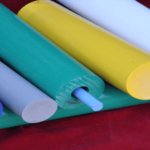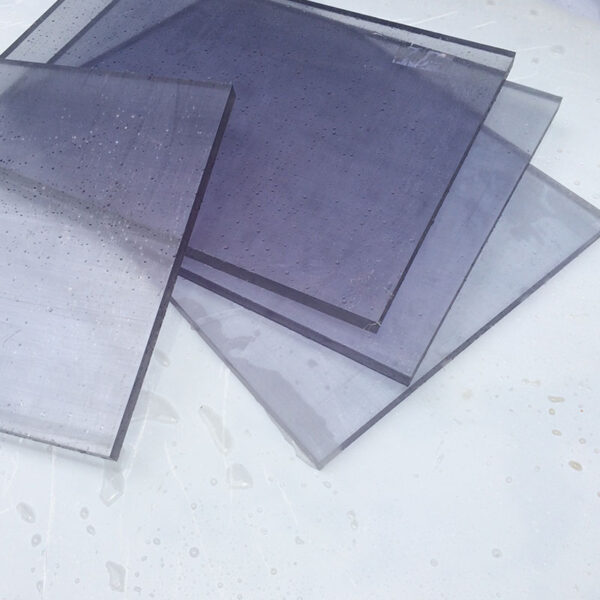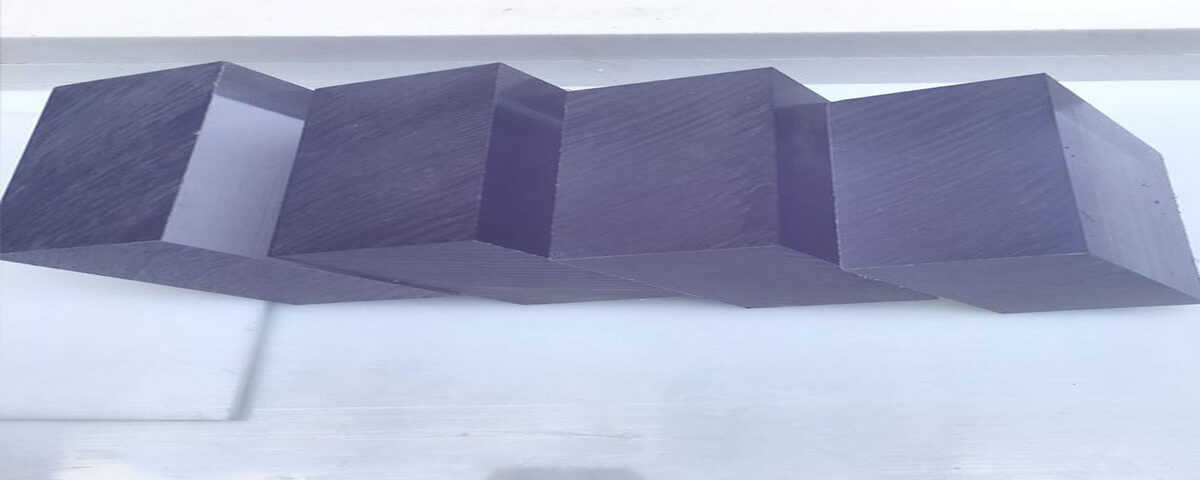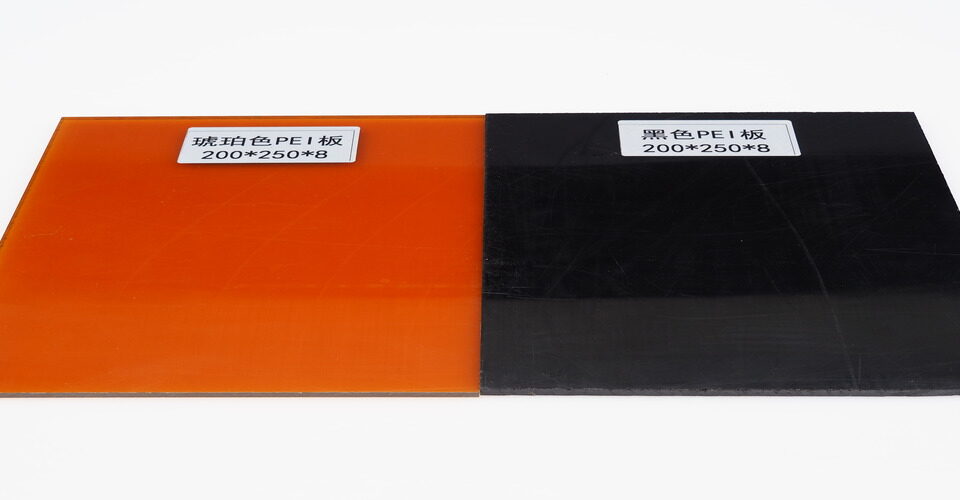
What is a PTFE Rod Used For?
November 26, 2024
What is POM Plastic Properties?
November 27, 2024Polycarbonate (PC) is a durable, transparent plastic commonly used in various applications, from eyewear lenses to water bottles and electronics. However, concerns about its safety have emerged over time, especially with regard to its potential to release harmful substances.
Chemical Composition and Concerns
Polycarbonate plastic is made from bisphenol A (BPA), a chemical known for its potential endocrine-disrupting properties. BPA has been linked to various health concerns, including hormonal imbalances, reproductive issues, and increased risk of certain cancers. This has raised alarms, particularly when PC materials are used in food containers or baby bottles. However, many manufacturers now produce BPA-free PC alternatives, addressing some of these concerns.

Safety in Everyday Products
While BPA is a concern, many modern polycarbonate products are designed to be safer. BPA-free versions of polycarbonate materials have been developed and are increasingly common, reducing the risks associated with BPA exposure. Additionally, the FDA has deemed polycarbonate plastic safe for specific applications, such as in medical devices and food containers, provided it complies with safety standards.
Durability and Leaching Risks
Polycarbonate’s durability is one of its greatest advantages. However, when PC products are exposed to high temperatures or physical wear, there may be a risk of leaching. This risk can be minimized by following the manufacturer’s guidelines, such as avoiding microwaving or washing at high temperatures.
Conclusion
In conclusion, polycarbonate materials can be safe when used appropriately and with BPA-free alternatives. While concerns exist, ongoing improvements in manufacturing and safety standards help mitigate the risks associated with PC material usage.






